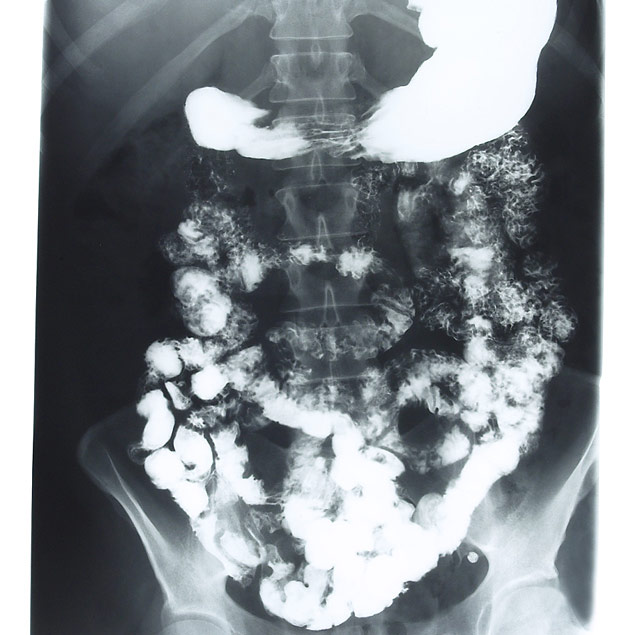
TUESDAY, Aug. 10 (HealthDay News) — People who take oral bisphosphonate drugs to prevent or treat osteoporosis are not at a significantly increased risk for esophageal or stomach cancer, according to an analysis of more than 80,000 patients in the United Kingdom.
The use of oral bisphosphonates has increased dramatically in recent years in the United States and other Western countries, and some recent reports have suggested a link between the drugs and esophageal cancer.
In the study, researchers analyzed data from 41,826 women and men, average age 70, who took oral bisphosphonates between January 1996 and December 2006, and a control group of an equal number who didn’t take the drugs. (Eighty-one percent of the participants were women.)
During an average follow-up of about 4.5 years, there were 37 cases of stomach cancer and 79 cases of esophageal cancer diagnosed in the bisphosphonate group, compared with 43 cases of stomach cancer and 72 cases of esophageal cancer after 4.4 years in the control group, the investigators found.
“We found no evidence for a substantially increased risk of esophageal (or gastric) cancer in persons using oral bisphosphonates,” reported Chris R. Cardwell, of Queen’s University, Belfast, and colleagues.
“These drugs should not be withheld, on the basis of possible esophageal cancer risk, from patients with a genuine clinical indication for their use,” they concluded.
The study findings are published in the Aug. 11 issue of the Journal of the American Medical Association.
More information
The National Osteoporosis Foundation has more about osteoporosis medications.

